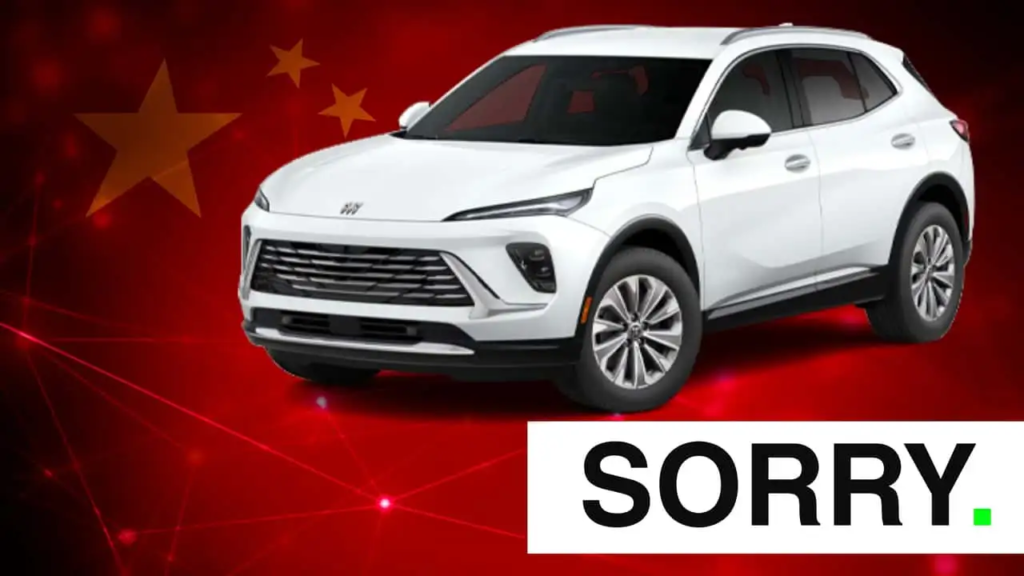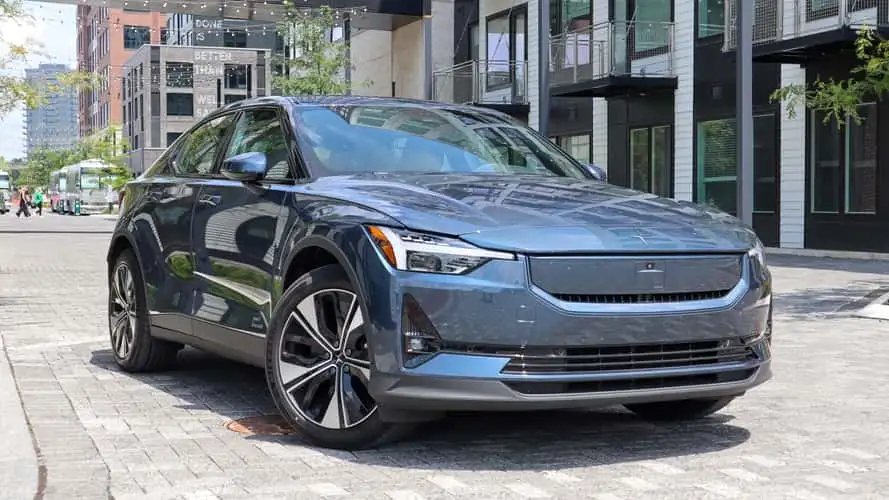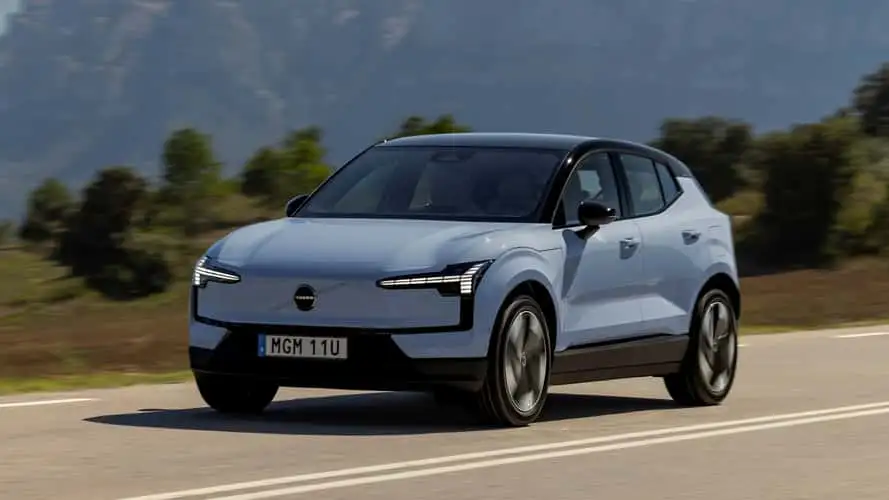A Biden Administration official said the rules proposed on Monday will amount to a total ban on vehicles made in China

On Monday, the U.S. Commerce Department proposed deep restrictions on Chinese automotive software and hardware, citing fears that internet-connected and autonomous vehicles could wreak havoc if they could be remotely controlled by theoretically malicious actors.
But a Commerce Department official also told Reuters that the regulations would effectively ban all vehicles made in China from being sold in the U.S. Liz Cannon, who leads the department’s information and communication technology office, told the outlet that the rules would force General Motors and Ford to stop selling vehicles they import to the U.S. from China.
“We anticipate at this point that any vehicle that is manufactured in China and sold in the U.S. would fall within the prohibitions,” Cannon said.
Ford makes the Lincoln Nautilus in China through a joint venture with China’s Changan Automobile. GM’s Buick Envision also hails from China and is manufactured through a joint venture with SAIC Motor.
The two U.S. automakers did not return a request for comment.

Other made-in-China vehicles sold in the U.S. are the Volvo S90 and Polestar 2 sedans. Both those brands are under the umbrella of China’s Geely Group.
A Volvo spokesperson told InsideEVs on Monday: “Volvo Cars is and always will be about safety, including the protection of data. All data is processed in accordance with applicable law.”
The proposed rules take aim at the hardware and software that underpin a vehicle’s connectivity system—that is, the components and code that enable modern cars to connect to WiFi, satellite and cellular networks. They also restrict certain software that allows for automated driving. When the regulations kick in, they’ll prohibit the sale of hardware, software or entire so-called “connected vehicles” made by companies with ties to China or Russia.
They will effectively shut the door on vehicles made by Chinese companies, even if they’re produced in the U.S. And even if a Chinese carmaker sources the relevant software and hardware from a non-Chinese outfit, the Biden administration says those cars will be prohibited.
The fear, as outlined by the administration, is that those adversaries could use connected vehicles and their sensors to conduct surveillance on U.S. citizens and critical infrastructure. Or they could remotely assume control of a vehicle’s key functions—like braking and acceleration—or its self-driving system.
The rules may also help prop up America’s domestic automakers (and foreign ones already operating here) by shielding them from the emerging threat of inexpensive Chinese imports. Though the Commerce Department says these particular regulations—unlike the 100% tariffs the U.S. imposed on Chinese EVs recently—are all about national security.
Still, a senior Biden Administration official told InsideEVs there isn’t much Chinese software and hardware currently on the U.S. car market that would be prohibited by the new rules. Rather, the department is positioning the regulations as preventative.

The Alliance for Automotive Innovation, a trade group that represents Ford, GM and a host of other major automakers and suppliers, said that its members are on board to protect national security by cutting “China and other countries of concern” out of the supply chain for connected vehicles.
The hardware restrictions are set to take effect for 2030 model year, while the software rules are slated for the 2027 model year. The administration is giving the public 30 days to comment on the proposal.
Read the original article on insideevs.com

